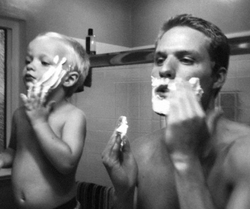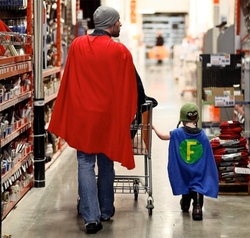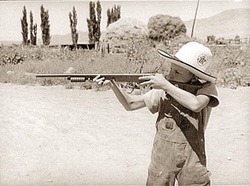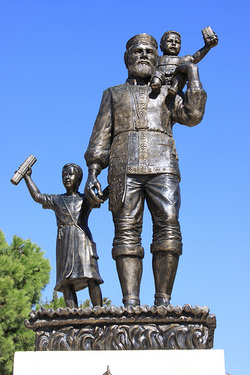
I say all of this because one truth about worship teams emerges when I look back at all this experience: I’d rather be a part of a healthy worship team than a talented worship team. Actually, the best worship teams I’ve ever been a part of were good precisely because they were healthy. They were made up of people who looked to live in spiritual health, and they adopted practices that encouraged personal and “professional” health for the sake of the task of leading the church in worship. Here are four ways you can begin to foster health on your worship team.
1) Communicate the Vision of Why You Gather Each Week There is perhaps no better way to get your team focused than to help them understand why the church gathers for worship each week. If you ask them, you’ll probably hear all kinds of answers, and each one of those answers informs not only their view of the worship gathering, but their role in facilitating it. Spend time with your church’s leadership in cultivating a clear understanding as to why your church gather’s for worship each week, then communicate that to your team. This will help your team members understand how their roles and actions fit (or perhaps do not fit!) into the vision of what worship is in the life of your church.
2) Be Clear About Your Expectations If you are leading the team, you probably have certain expectations about how the people on your team should prepare for and perform the tasks they have volunteered to do. You should do your best to communicate these expectations clearly to your team members. They should know what you expect on the front end so they can agree to strive towards these expectations or choose not to take on the task. You should also take some time to hear what they expect from you as a leader. This up-front communication provides great accountability and can prevent hurt and disappointment over unmet expectations on all sides.
3) Teach Your Team How To Prepare, Not Just Perform With #1 and #2 in mind, your team members should understand the task at hand for them both as individuals and as a team. But understanding the task is not enough; one must also know how to prepare in order to accomplish the task. Help your team understand that preparation is a part of stewardship, and equip them as you can with the skills they need to prepare well. Doing so may mean more work on your part, but that is . Giving them access to equipment, planning sets and charts early, and even one-on-one training may be a part of helping your team prepare to lead. Just remember: investing in these things early will pay huge dividends in the long run.
4) Remember That People Come First The people on our teams are not a means to an end. They are participants in the life and mission of God with you. Treat them as such. Take time to love and pastor the people on your team. Pray with them. Speak truth to them in love. Make room for them to be as messy as you are, and be gracious when their mess spills over into team life. Build in times of rest from the jobs (like a service sabbath) and help them prioritize when needed, knowing that both too much and too little time given to the team could be a problem. Remember that your time together with your team is not just to make good music, but is purposed for your collective sanctification. Invest in who they are, not just what they can do for you. And remind them that all that you do together is not just for their sake, but is for the sake of the world and to the glory of God.
This post was written by Seedbed author, Drew Causey. For the original post, go to: http://seedbed.com/feed/4-ways-foster-health-worship-team/









 RSS Feed
RSS Feed